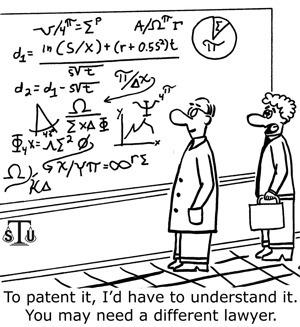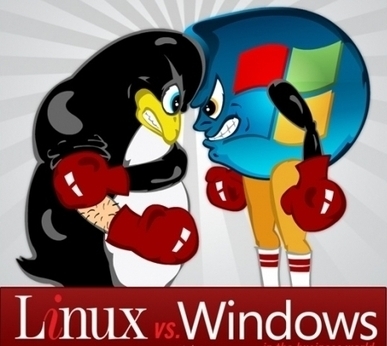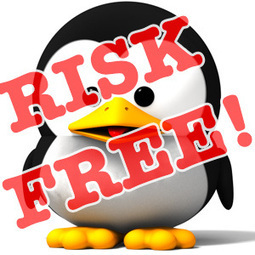A workshop on sustainable science and open access to scientific research.
Get Started for FREE
Sign up with Facebook Sign up with X
I don't have a Facebook or a X account


 Your new post is loading... Your new post is loading...
 Your new post is loading... Your new post is loading...
Techdirt has been reporting for a while on India's growing success in providing its population with access to low-cost generic drugs, making use of the permissions to do so granted by TRIPS. That has naturally earned it the ire of Western pharma companies, which now seem to be striking back, as this post on Infojustice.org explains: Via Gonzalo San Gil, PhD. 
Gonzalo San Gil, PhD.'s curator insight,
November 1, 2013 6:06 AM
* #Patents to #stifle #Health, to cap it all.
Linux Vs Windows Via Gonzalo San Gil, PhD. 
Gonzalo San Gil, PhD.'s curator insight,
August 11, 2013 9:26 AM
# for @ll #You who still don't... ;) |
Want to check out Linux, but fear you might wreck your existing Windows installation? Don’t. There are plenty of risk-free ways to try Linux, from live CDs to USB keys to virtual machines – and I’m going to outline all of them. Whether you’re thinking of ditching Windows or simply want to tinker with some tech, Linux is worth looking into. There are hundreds of great Linux distros out there to try, all giving you easy access to tens of thousands of open source programs. Via Gonzalo San Gil, PhD. 
Gonzalo San Gil, PhD.'s curator insight,
November 5, 2013 5:23 AM
* #Try #Freedom w/o #risk (aside of #falling in #love with #FreeSoftware)
Richard Stallman announced the GNU project (GNU’s Not Unix) to create a free operating system in 1983, making the free software movement at least 25 years old.[1] In a number of ways, free culture is harder to pin down than free software. No single event marks the obvious beginning of the free culture movement. Via Gonzalo San Gil, PhD. 
Gonzalo San Gil, PhD.'s curator insight,
October 2, 2013 2:50 PM
[... Candidates might include the launches of the first Open Content licenses (1998[2]), Wikipedia (2001), and Creative Commons (2002). One reason may be that there is no free culture equivalent of a free operating system—an objective that is clearly necessary, and for at least some people, sufficient to fully achieve software freedom. ...] 
Gonzalo San Gil, PhD.'s curator insight,
October 9, 2013 2:13 PM
[... Richard Stallman announced the GNU project (GNU’s Not Unix) to create a free operating system in 1983, making the free software movement at least 25 years old.[1] In a number of ways, free culture is harder to pin down than free software. No single event marks the obvious beginning of the free culture movement. Candidates might include the launches of the first Open Content licenses (1998[2]), Wikipedia (2001), and Creative Commons (2002). ...]
|












